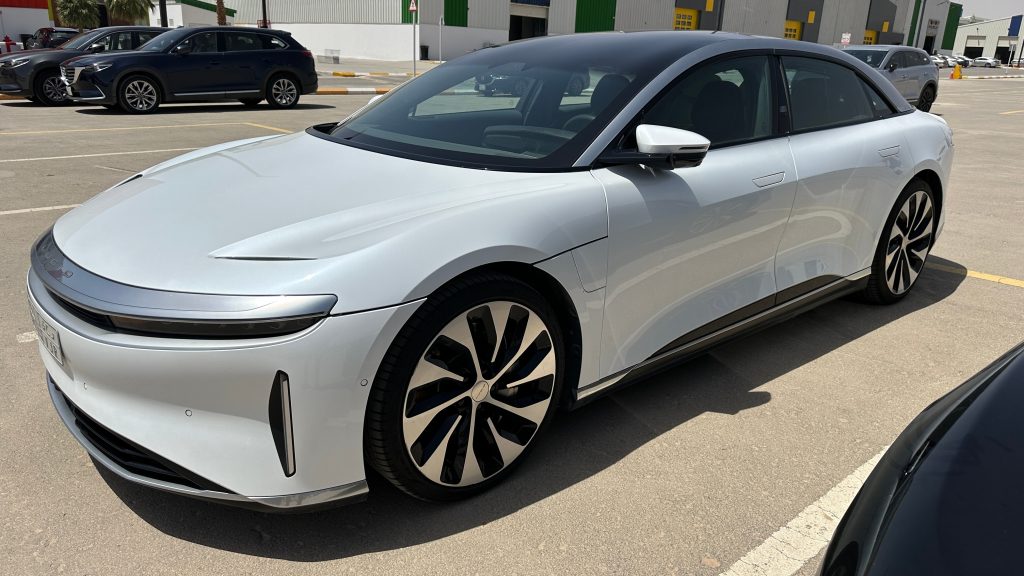Saudi Arabia is beginning to embrace electric vehicles (EVs), though their adoption remains limited. Currently, EVs make up just over 1% of the nation’s car sales, compared to a global average of 18%. Several obstacles, including high vehicle prices, limited charging infrastructure, and harsh climate conditions, have slowed progress.
Efforts to expand EV use are underway. The Electric Vehicle Infrastructure Company (EVIQ), a partnership between the Public Investment Fund and Saudi Electricity Company, is rolling out fast-charging stations, aiming for 5,000 chargers at 1,000 locations by 2030. As of now, most charging points are slow chargers, and only a few people own EVs, often those with home charging options.
High purchase costs are another barrier. Over 60% of EV models in Saudi Arabia cost more than $65,000, while most gasoline cars are priced lower. Cheap fuel, subsidized by the government, also discourages the switch to electric. The country’s vast geography and extreme heat further challenge EV performance and range.
Despite these hurdles, Saudi Arabia seeks to reduce its reliance on oil and lower carbon emissions. The goal is for 30% of vehicles in Riyadh to be electric by 2030, supported by investment in local EV manufacturing. Partnerships have led to new factories, and international brands like BYD and Tesla are entering the market, with more affordable models starting around $27,000.
Consumer interest is growing, with over 40% considering EVs within three years. EVIQ is expanding its network to more cities and highways, targeting a broad coverage of travel routes by 2026. Experts believe that reaching the ambitious targets will require further financial incentives, such as tax exemptions and subsidized charging, especially to encourage widespread adoption.
While falling prices and increased government support are helping, the development of robust public charging infrastructure remains a key priority for Saudi Arabia’s EV transition.
